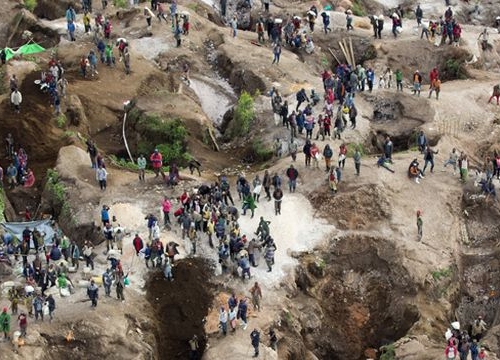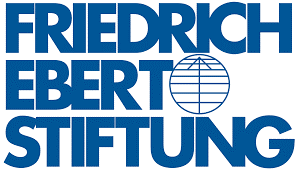New Report Sheds Light on what Governments, Business and the UN need to do in Conflict-Affected Areas: but what’s Next for this Field?
Event


MONUSCO
‘What is now required is more decisive action to integrate business and human rights into peace and security frameworks’
While it is well documented that the worst forms of business-related human rights abuse tend to happen in conflict-affected contexts, a better understanding of the practical measures that States and business enterprises should take to implement the United Nations (UN) Guiding Principles on Business and Human Rights (UN Guiding Principles) to prevent and address business-related human rights abuse in conflict and post-conflict contexts is still needed.
To start addressing this gap, and as part of its mandate to promote the UN Guiding Principles, the UN Working Group on Business and Human Rights (UN Working Group) launched a project in 2018 and developed recommendations to governments, business actors and the UN system that are now out in a report to the UN General Assembly.
In the report, the UN Working Group identifies and clarifies a range of policies and tools that could be employed in conflict-prone regions to help ensure that business activity does not lead to human rights abuse and in turn stimulate or exacerbate conflict or negatively impact peacebuilding.
This online discussion – co-organized with the Friedrich-Ebert-Stiftung and the Quaker United Nations Office – will explore the UN Working Group's findings and identify what is missing from their analysis, where the field should go next and how to move from guidance to action.
Members of the UN Working Group will present their new report, while representatives of Swedwatch and Amnesty International will offer their own reactions to the report. This presentation will be followed by an informal discussion amongst speakers and participants.
WELCOME
- Felix Kirchmeier, Executive Director, Geneva Human Rights Platform and Manager of Policy Studies, Geneva Academy
- Ira Gibson, Friedrich-Ebert-Stiftung, Geneva Office
REPORT PRESENTATION
- Anita Ramasastry, Project Lead and Chair, UN Working Group on Business and Human Rights
- Gerald Pachoud, Project Advisor, UN Working Group on Business and Human Rights
MODERATOR
- Florence Foster, Representative, Peace and Disarmament, Quaker United Nations Office in Geneva
DISCUSSANTS
- Hannah Peters, Researcher, Swedwatch
- Patrick Wilken, Arms Control and Human Rights Researcher, Amnesty International
How to Join the Discussion
This event will take online on the platform Zoom.
To follow it, register here. After registering, you will receive a confirmation email containing information about joining the webinar.
Asking Questions to Panelists
Please use the Zoom chat function to ask your questions, the moderator will make a selection of questions at the end of the presentations. There will be no possibility to interact by webcam and microphone in order to avoid connection issues.
Video
Opening and presentation of the report by Anita Ramasastry and Gerald Pachoud
In the report, the UN Working Group identifies and clarifies a range of policies and tools that could be employed in conflict-prone regions to help ensure that business activity does not lead to human rights abuse and in turn stimulate or exacerbate conflict or negatively impact peacebuilding.
Interventions by panelists, Hannah Peters (Swedwatch) and Patrick Wilcken (Amnesty international)
Members of the UN Working Group presented their new report, while representatives of Swedwatch and Amnesty International will offer their own reactions to the report.









